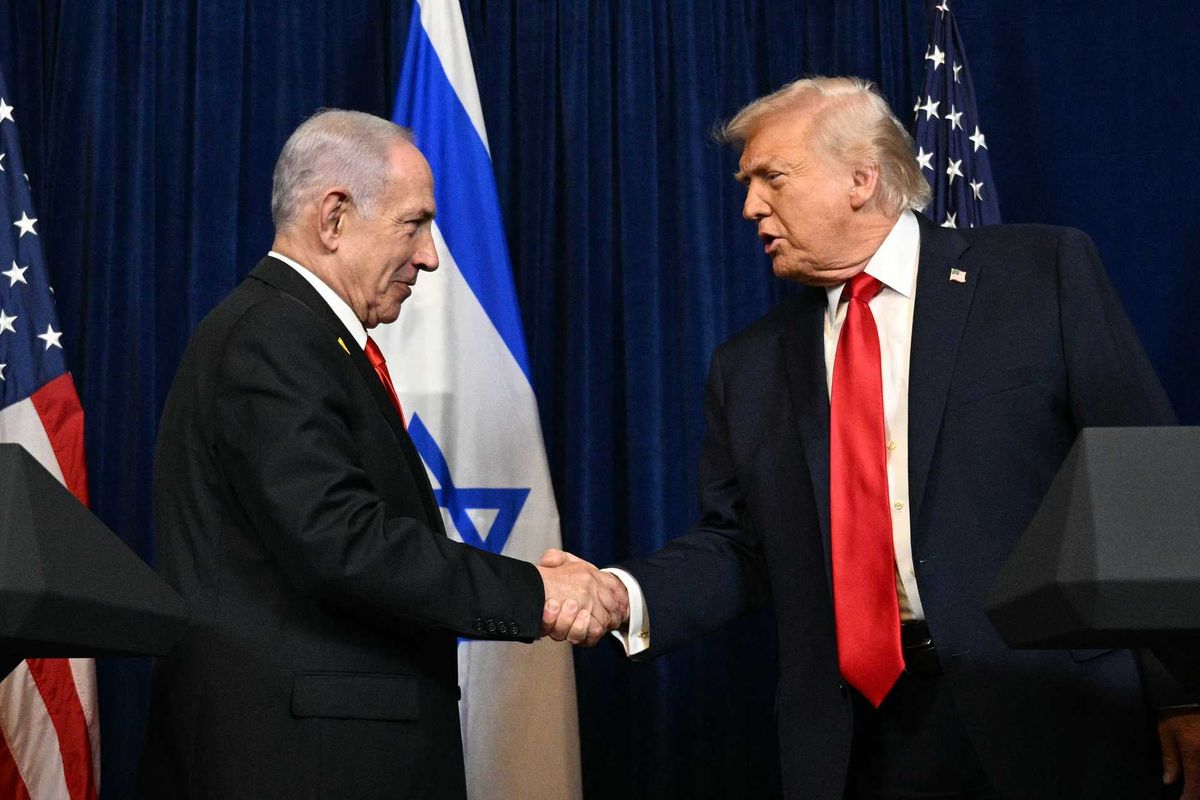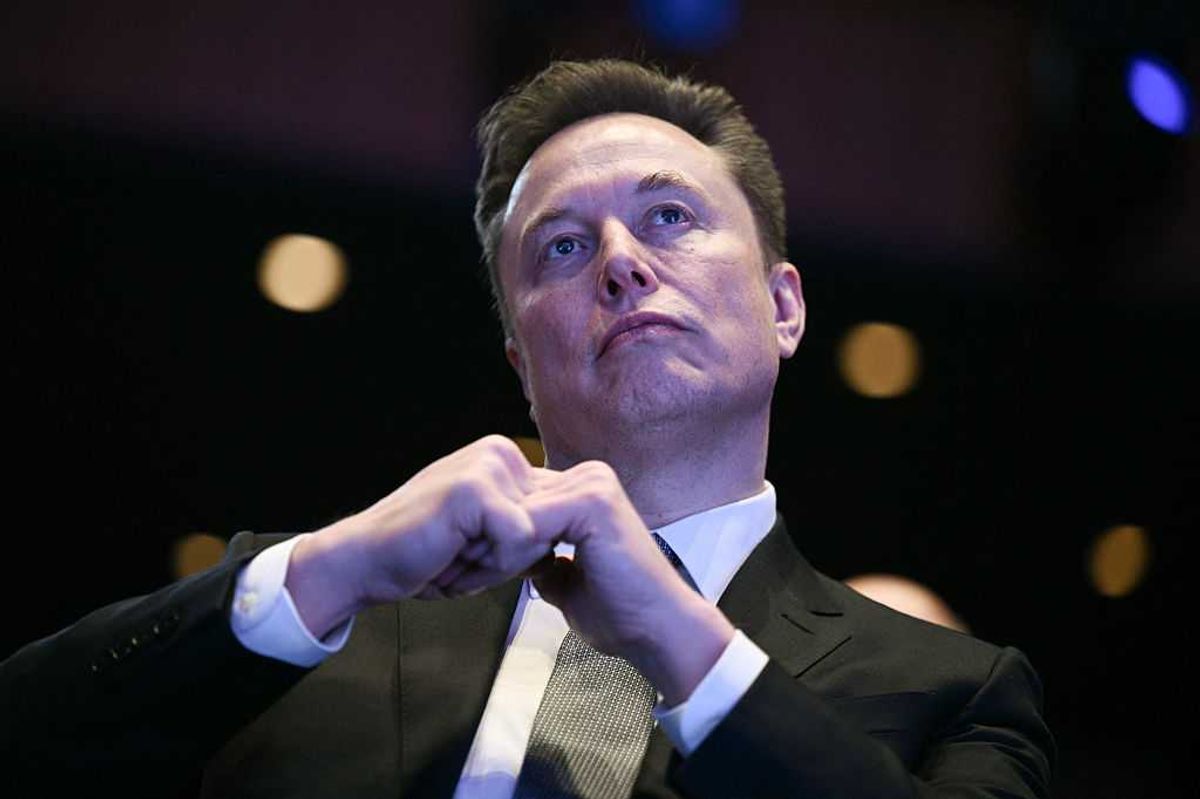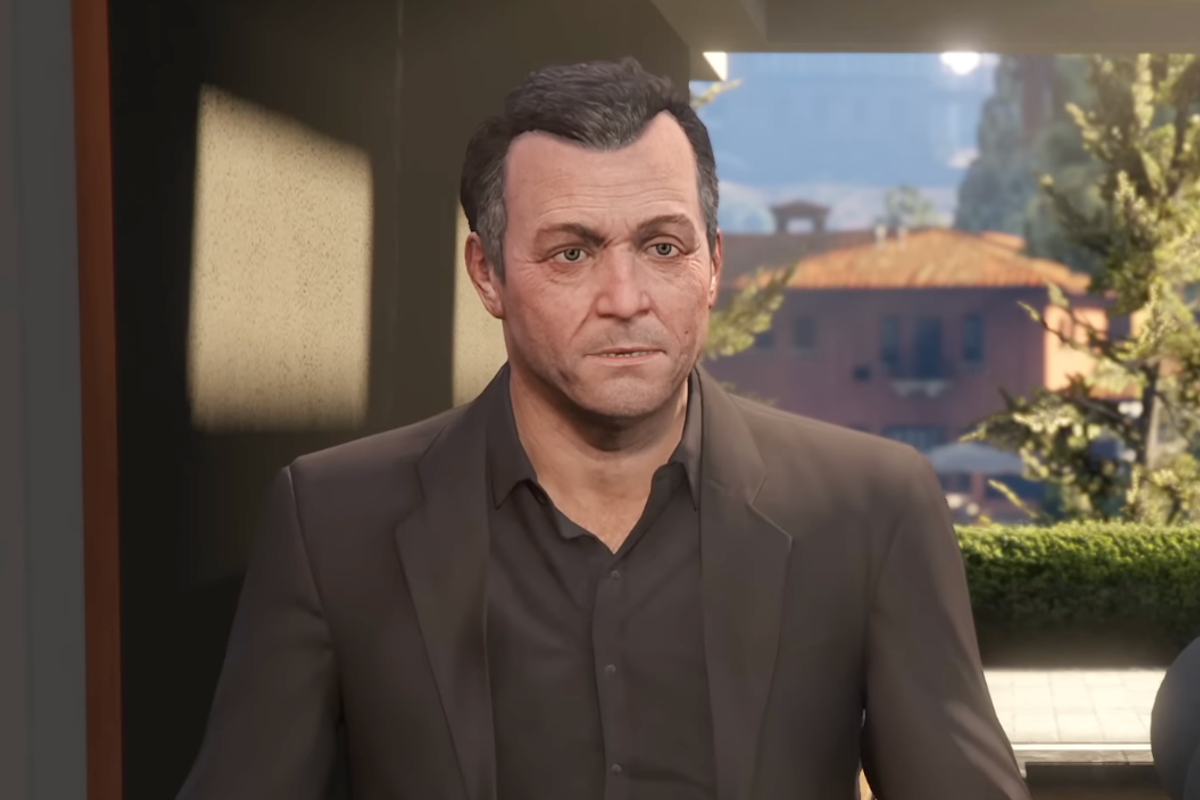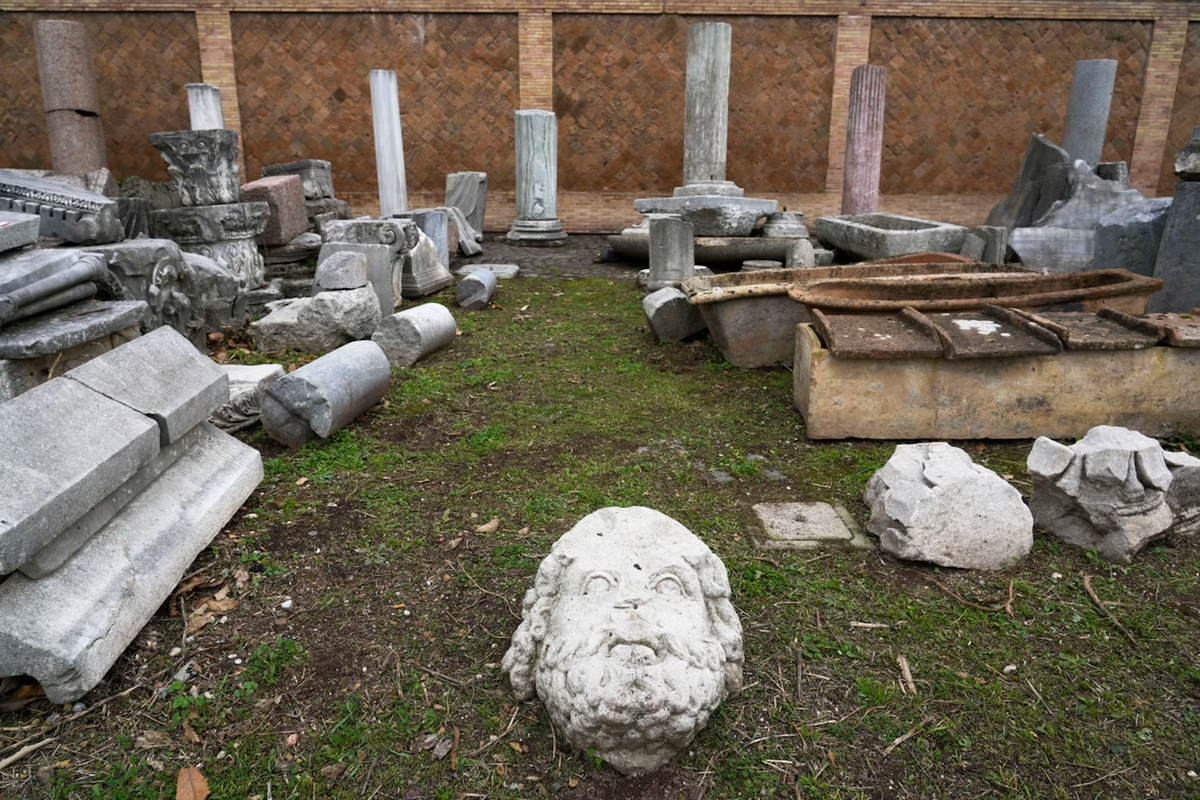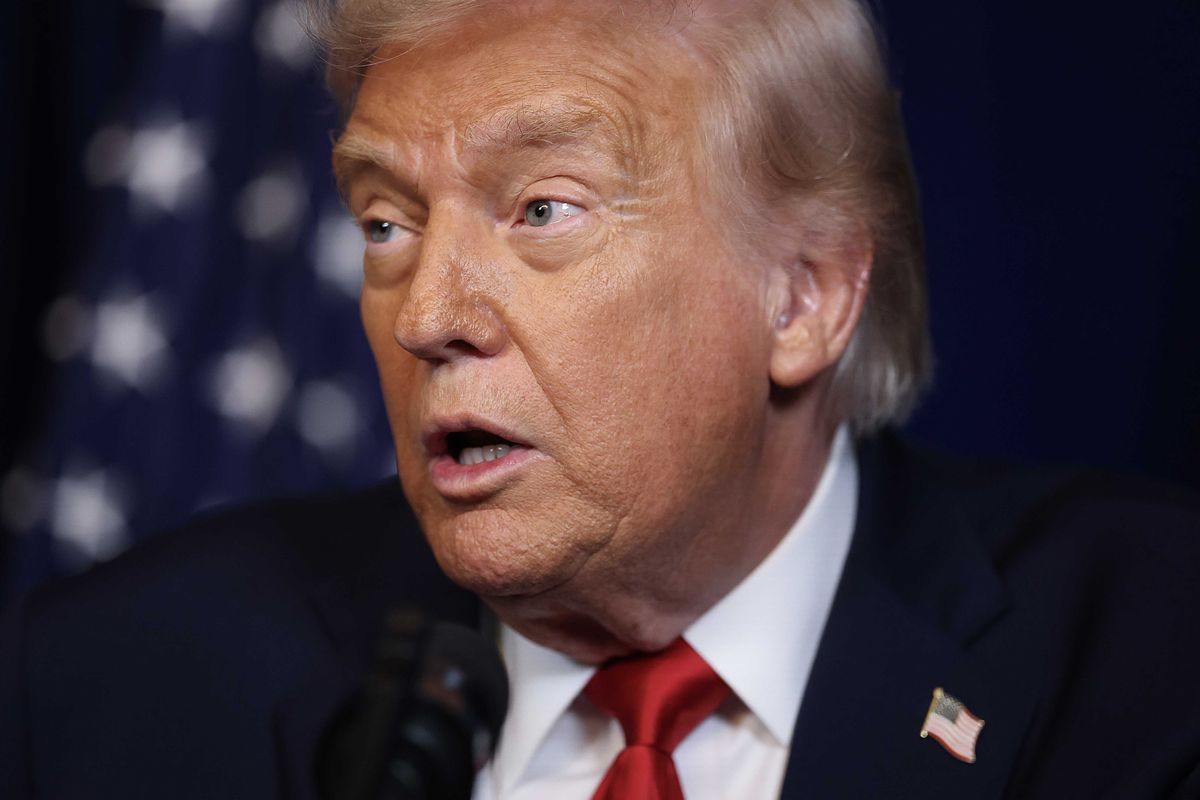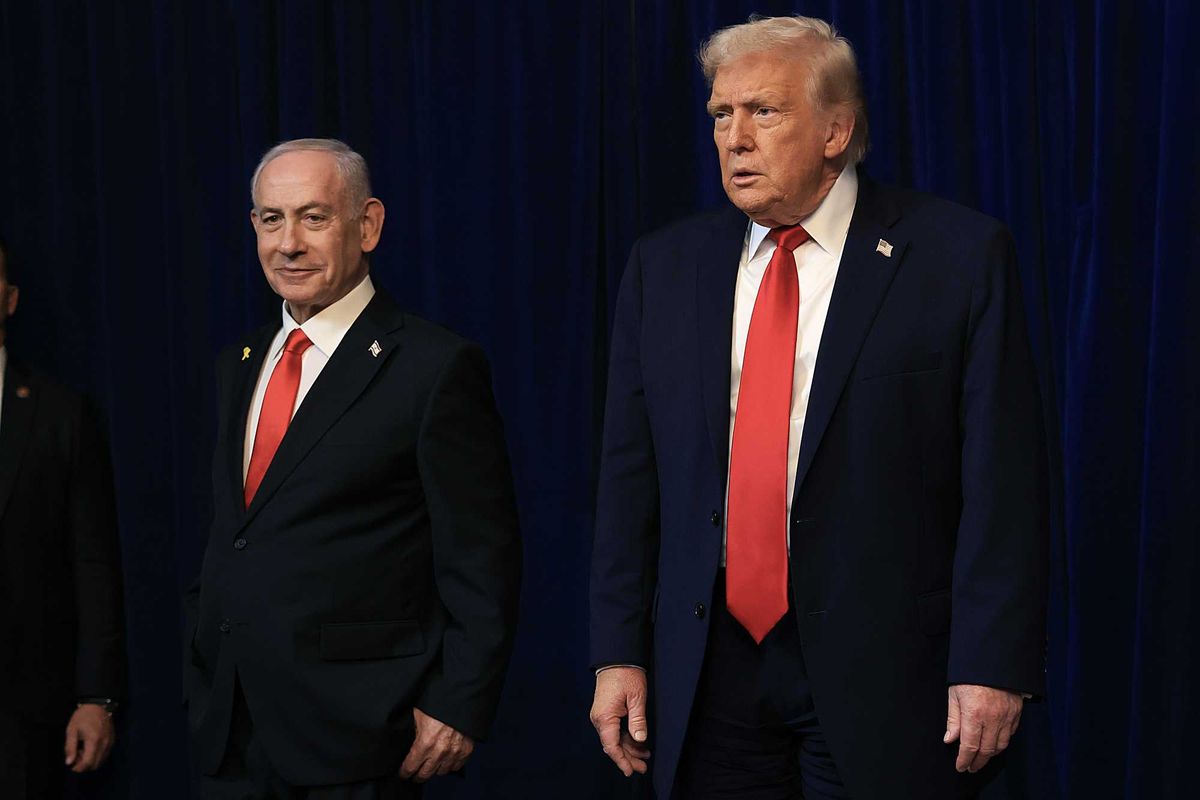Celebrities
Louis Dor
Feb 16, 2017
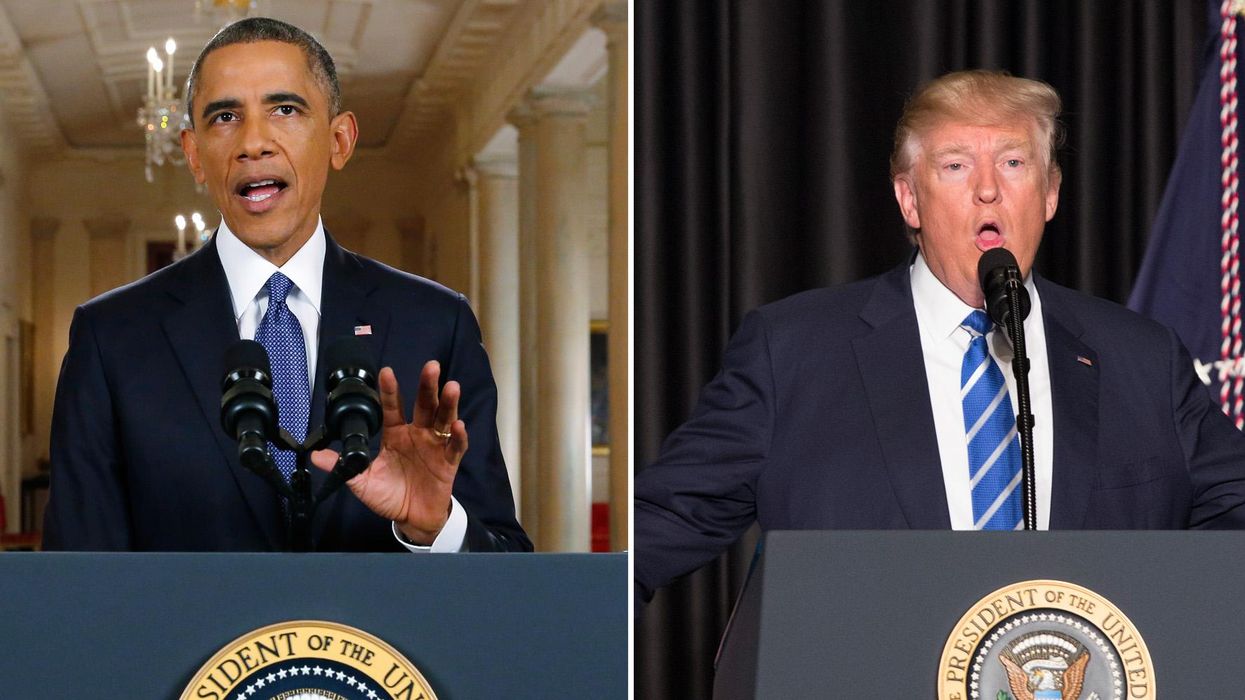
President of the United States Donald Trump and former President Barack Obama have very different methods of delivery, both in terms of press releases and speeches.
While President Obama enjoyed a carefully coordinated media persona through official social media channels and press briefings, Donald Trump has quickly become known as the 140 character President, due to his predictable early morning tweetstorms.
This difference has been brought into high contrast over the tumultuous issue of Israel and Palestine in recent days.
Here's President Obama's answer in his last press conference to this question on Israel and Palestine:
Question: "Mr. President you have been criticized and even (inaudible) attacked for the U.N. Security Council resolution that considered Israeli settlements illegal and an obstacle to peace. Mr. Trump promised to move the embassy to Jerusalem. He appointed an ambassador that doesn't believe in a two-state solution.
How worried are you about the U.S. leadership in the Arab world and beyond as (inaudible)? With this ignite (inaudible) protect Israel? And in retrospect, do you think that you should have held Israel more accountable, like President Bush Senior did with (inaudible)? Thank you."
Obama replied:
I am -- I continue to be significantly worried about the Israeli-Palestinian issue. And I'm worried about it both because I think the status quo is unsustainable, that it is dangerous for Israel, that it is bad for Palestinians, it is bad for the region and it is bad for America's national security.
And you know, I came into this office wanting to do everything I could to encourage serious peace talks between Israelis and Palestinians. And we invested a lot of energy, a lot of time, a lot of effort first year, second year, all the way until last year. Ultimately, what has always been clear is that we cannot force the parties to arrive at peace. What we can do is facilitate, provide a platform, encourage, but we can't force them to do it. But in light of shifts in Israeli politics and Palestinian politics, a rightward drift in Israeli politics, weakening of President Abbas' ability to move and take risks on behalf of peace in the Palestinian territories.
In light of all the dangers that have emerged in the region and the understandable fears that Israelis may have about the chaos and rise of groups like ISIL and the deterioration of Syria, in light of all those things, what we at least wanted to do, understanding that the two parties wouldn't actually arrive at a final status agreement, is to preserve the possibility of the two-state solution because we do not see an alternative to it.
And I've said this directly to Prime Minister Netanyahu, I've said it inside of Israel, I've said it to Palestinians as well. I don't see how this issue gets resolved in a way that maintains Israel as both Jewish and a democracy. Because if you do not have two states, then in some form or fashion you are extending an occupation, functionally you end up having one state in which millions of people are disenfranchised and operate as second class residents.
You can't even call them citizens necessarily. And so - so the goal of the resolution was to simply say that the settlements, the growth of the settlements are creating a reality on the ground that increasingly will make a two-state solution impossible. And we've believed consistent with the position that has been taken with previous U.S. administrations for decades now that it was important for us to send a signal, a wakeup call that this moment may be passing.
And Israeli voters and Palestinians need to understand that this moment may be passing. And - and hopefully, that then creates a debate inside both Israeli and Palestinian communities that won't result immediately in peace but at least will lead to a more sober assessment of what the alternatives are. So, the president-elect will have his own policy. The ambassador or the candidate for the ambassadorship obviously has very different views than I do.
That is their prerogative, that's part of what happens after elections, and I think my views are clear. We'll see how - how their approach plays itself out. I don't want to - I don't want to project today what could end up happening but obviously it's a volatile environment. What we've seen in the past is when sudden unilateral moves are made that speak to some of the core issues and sensitivities of either side, that can be explosive.
And what we've tried to do in the transition is just provide the context in which the president-elect may want to make some of these decisions.
That's part of what we've tried to indicate to the incoming team in our transition process, is pay attention to this because this is - this is volatile stuff. People feel deeply and passionately about this and as I said - as I've said, I think, many times, the actions that we take have enormous consequences and ramifications. We're - we're the biggest kid on the block and I think it is right and appropriate for a new president to test old assumptions and reexamine the old ways of doing things.
But if you're going to make big shifts in policy, just make sure you've thought it through and understand that there are going to be consequences and actions typically create reactions. And so you want to be intentional about it. You don't want to do things off the cuff when it comes to an issue this - this volatile.
That is a total of 740 words, encompassing a range of the issues and giving a clear insight into his thinking.
On Wednesday 15 February 2017, Donald Trump was asked the following during a joint press conference with Israeli Prime Minister Benjamin Netanyahu:
Question: "Mr. President, in your vision for the new Middle East peace, are you ready to give up the notion of two-state solution that was adopted by previous administration? And will you be willing to hear different ideas from the Prime Minister, as some of his partners are asking him to do, for example, annexation of parts of the West Bank and unrestricted settlement constructions? And one more question: Are you going to fulfill your promise to move the U.S. embassy in Israel to Jerusalem? And if so, when?
And, Mr. Prime Minister, did you come here tonight to tell the President that you're backing off the two-state solution? Thank you."
President Donald Trump replied:
So I’m looking at two-state and one-state, and I like the one that both parties like. (Laughter.) I’m very happy with the one that both parties like. I can live with either one.
I thought for a while the two-state looked like it may be the easier of the two. But honestly, if Bibi and if the Palestinians -- if Israel and the Palestinians are happy, I’m happy with the one they like the best.
As far as the embassy moving to Jerusalem, I’d love to see that happen. We're looking at it very, very strongly. We're looking at it with great care -- great care, believe me. And we’ll see what happens. Okay?
That's a total of 114 words, which assumes a situation with which the Palestinians and Israelis are happy will just present itself, in the same breath as saying he'd love to move the embassy to Jerusalem - a move many Palestinians feel strongly against.
The difference of style, to gloss over difficult issues, was perhaps best evaluated in the Washington Post by David Nakamura:
Obama’s answers often drowned his audience — in this case, reporters — in an ocean of words, making modest shifts in the administration’s position nearly indecipherable and requiring attentive listening even as it became difficult to remember the question.
Trump’s quick changes of topic can make it challenging for reporters to pin him down. Trump and his press secretary, Sean Spicer, often move on to another questioner so quickly that reporters are unable to ask a follow-up. And the White House has been accused of favouring conservative-leaning news outlets in hopes of getting friendly questions and coverage.
Trump is also adept at employing verbal assaults on his political rivals, including reporters, to divert attention and gain the upper hand.
However, on the subject of Israel and Palestine, a diplomacy constrictor knot, it may seem more soothing to use more words than a blunt declaration on one side.
Especially if you're dismantling one of the key pillars of US-led peace efforts since 2002.
More: Donald Trump was asked about anti-Semitism - His response was baffling to say the least
Top 100
The Conversation (0)
